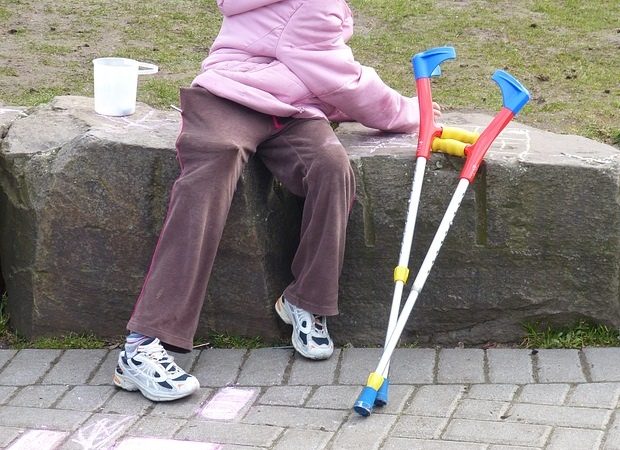Reviewers’ Notes
Study receives $10.5 million funding to compare two care models for improving outcomes in fracture patients

Broken bones in later life are a leading cause of disability, recurrent fracture, nursing home placement, and death.
Prior studies have shown that health care providers can prevent poor outcomes, including death, by treating patients with bone-strengthening medications and by stopping risky medications that cause falls. However, few patients receive this high-quality care because it is time consuming and requires specialized knowledge that primary care providers may not have.
Researchers from Hebrew SeniorLife and Duke University will undertake a 5.5-year study that will compare two care models that have previously been shown to improve care in skilled nursing facilities. The Patient-Centered Outcomes Research Institute (PCORI) has approved $10.5 million in funding to support the study, entitled "Models of Post-Acute Care in Complex Older Adults with Fracture."
Forty-two skilled nursing facilities will be enrolled in this study, which will compare two care models: a fracture liaison service in which recommendations are given to start medications to strengthen bones; and a deprescribing care model, which helps patients reduce medications that cause falls.
Both models are led by a remote nurse who will engage patients and providers in the decision making process.
The study is exciting because it will help provide patients who have recently experienced a fracture and their families to make personalized choices about starting medications to prevent more broken bones and stopping risky medications that cause falls."
Sarah Berry, MD, MPH, clinical researcher at the Hinda and Arthur Marcus Institute for Aging Research at Hebrew SeniorLife, and Associate Professor of Medicine, Harvard Medical School and Beth Israel Deaconess Medical Center
"The study will prepare us to spread the care models to health systems so that all patients can receive high-quality care after having a broken bone," said Cathleen S. Colon-Emeric, MD, FACP, MHS, Professor of Medicine; Chief, Division of Geriatrics in the Department of Medicine, Duke University School of Medicine.
About the study
In random order, our study team will provide the fracture liaison service care model for 6 months, the deprescribing care model for 6 months, or both models simultaneously for 6 months. All patients who are admitted to a participating facility after a broken bone will receive the model that facility is being offered at that time. Patients will be followed for about 2 years using information that is already in their electronic health record and from Medicare to see if they have fewer injuries from falls compared to similar patients in facilities that don't offer these care models. Patients or their caregivers will be asked to complete a survey 90 days after admission. We will compare whether important symptoms like pain, anxiety, sleep, and medication side effects are different in patients treated with the different care models.
Hebrew SeniorLife Hinda and Arthur Marcus Institute for Aging Research
Posted in: Medical Research News | Medical Condition News | Healthcare News
Tags: Aging, Anxiety, Bone, Disability, Electronic Health Record, Fracture, Geriatrics, Health Care, Health Systems, Medical School, Medicare, Medicine, Nursing, Pain, Primary Care, Research, Seniors, Sleep